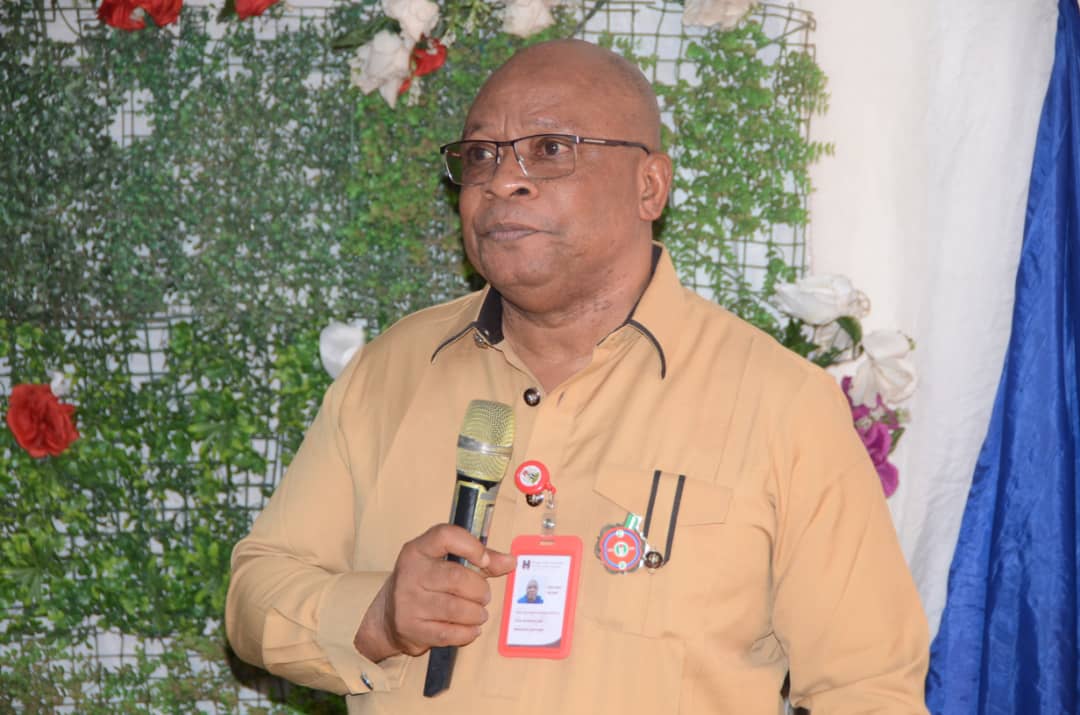Stakeholders in Nigeria’s telecommunications sector have raised a red flag over the increasing phenomenon known as the ‘Japa syndrome,’ referring to the trend of the country’s young and talented individuals leaving for greener pastures abroad.
This concern was voiced during the ongoing Nigerian Telecommunications Indigenous Content Expo (NTICE) 2023 held in Lagos.
The stakeholders are urging the Federal Government to take proactive measures to address this brain drain by implementing policies, offering incentives, and improving social guarantees for the nation’s youth.
Engr. Gbenga Adebay, Chairman of the Association of Licensed Telecoms Operators of Nigeria, highlighted the gravity of the situation. He expressed that the country is witnessing a significant exodus of its best and brightest minds due to a lack of sufficient social guarantees to keep them rooted at home. Adebay acknowledged that the ‘Japa syndrome’ is not solely the fault of the individuals leaving, but rather a reflection of the nation’s inability to provide a conducive environment for its young talents.
Adebay stressed the need for the telecommunications industry to anticipate the return of these skilled individuals and prepare for their reintegration. He emphasized the evolving nature of work, citing the possibility of remote work that could allow professionals to contribute to the industry from anywhere in the world.
Speaking about other challenges faced by the industry, Adebay called for the independence of the regulatory body. He advocated for the Nigerian Communications Commission (NCC) to be shielded from political influences, ensuring its focus remains solely on industry matters. Adebay referenced issues such as the Unstructured Supplementary Service Data (USSD) debacle, which escalated from a commercial dispute to a political matter.
He also highlighted the unsustainable pricing regime in the industry, noting that services are being sold below cost. Adebay proposed that market forces should determine the pricing of services to ensure the industry’s viability. He drew parallels with the electricity sector, where government subsidies have led to challenges, similar to what the removal of fuel subsidies had caused.
Professor Umar Danbatta, the Executive Vice Chairman of the Nigerian Communications Commission, also spoke at the event. He emphasized the vast untapped talent within Nigeria that needs to be nurtured and retained. Danbatta acknowledged the seriousness of the ‘Japa syndrome’ and revealed that the NCC has formulated various policies to tackle the brain drain issue in the ICT sector.
As the telecom industry joins forces to address the ‘Japa syndrome’ and the broader challenge of brain drain, Nigeria’s economic growth and technological advancement hang in the balance. The urgency to create an environment that fosters talent retention, innovation, and development has never been more critical.




